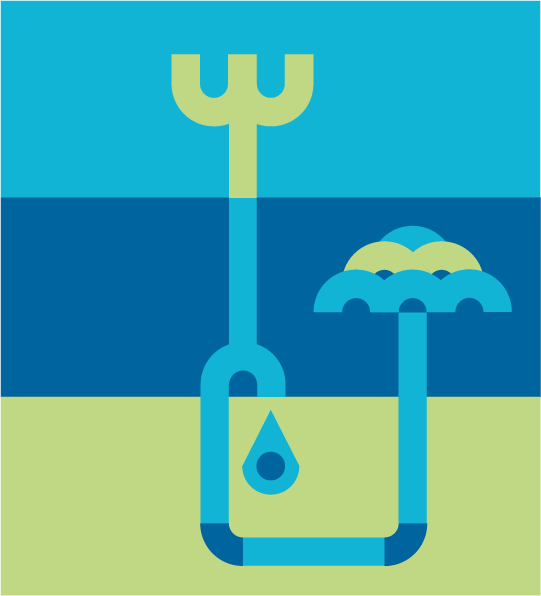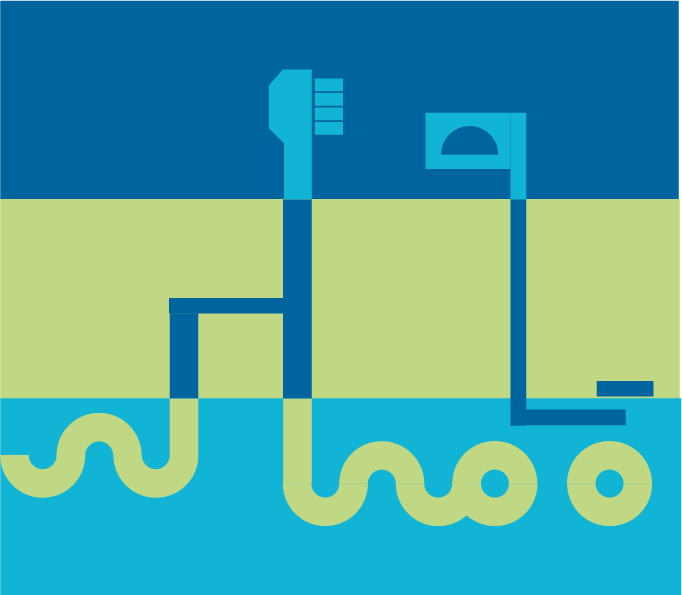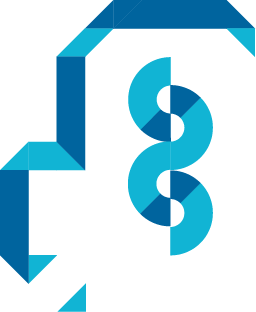This category is for the Hack the Cape Town water crisis hackathon. Please put all your stuff here.
HACK THE CAPE TOWN WATER CRISIS
Local Organizer:Stop Reset Go and Cape Town Science Centre
When: Kickoff event: Feb 24, 25
Time 9am to 4pm each day
Where: Cape Town Science Centre
Why: Cape Town is suffering a major water crisis. Day Zero, the day the taps will turn off is projected to occur as early as April 2018. This hackathon is an event to crowdsource open source solution from innovators from around the globe.
Participant Instructions:
- Sign up to OSCEDays forum.
- Create a new project or join an existing one.
- Add your ideas and have fun!
Each project will have its own page and participants from all around the globe will share ideas on the thread of that page. It’s important to note that we encourage continuity or projects after the Hackathon is over. The Feb 24, 25 weekend is only to launch the ideation phase. Teams can continue working together after that, both locally and remotely to develop ideas into fully implementable solutions. Business incubators and investors have been invited to also participate and may fund promising projects. If you have need for resources, announce your needs on the thread.
Future Events: The hackathon is actually an ongoing series of hackathons. Real, practical and scaleable manufacturable solutions cannot be designed and built in one weekend, but requires a sustained effort.
Solution categories:
Solutions can be:
Timeframe
- short term
- medium term
- long term
Approach
- centralized
- decentralized
Type
- technology
- behavioral change
- policy change
Project types:
Water Loop water reuse technology
Water Loop is open source technology developed by Jason Selvarajan and his team in Finland. Jason has participated in past OSCEDays. The waterloop technology holds great promise to dramatically reduce water footprint. The showerloop website claims that a full waterloop system can reduce residiential water consumption from 120 L/day to 20 L/day. Our challenge will be to explore the waterloop technology with the aim of pushing the envelop of circular design to reduce cost and make waterloop an easy-to-install and low cost system accessible to everyone. It may require forking the hardware versions into many branches such as:
- middle income
- low income
- individual residence
- community
Examples of projects would be:
Constructed Wetlands
Constructed wetlands can clean and filter water that can then be reused for irrigation or for other residential use.
Dietary Change to flexitarian diet
Meat has such a high water footprint that even a slight reduction of meat in personal diet can have a profound effect on water consumption.
Water harvesting technologies
There is a plethora of distributed water harvesting technologies that can be built to serve an individual home or an entire community including:
- passive air condensation technologies (fognets)
- passive underground condensation technologies
- rain harvesting
- desalination



